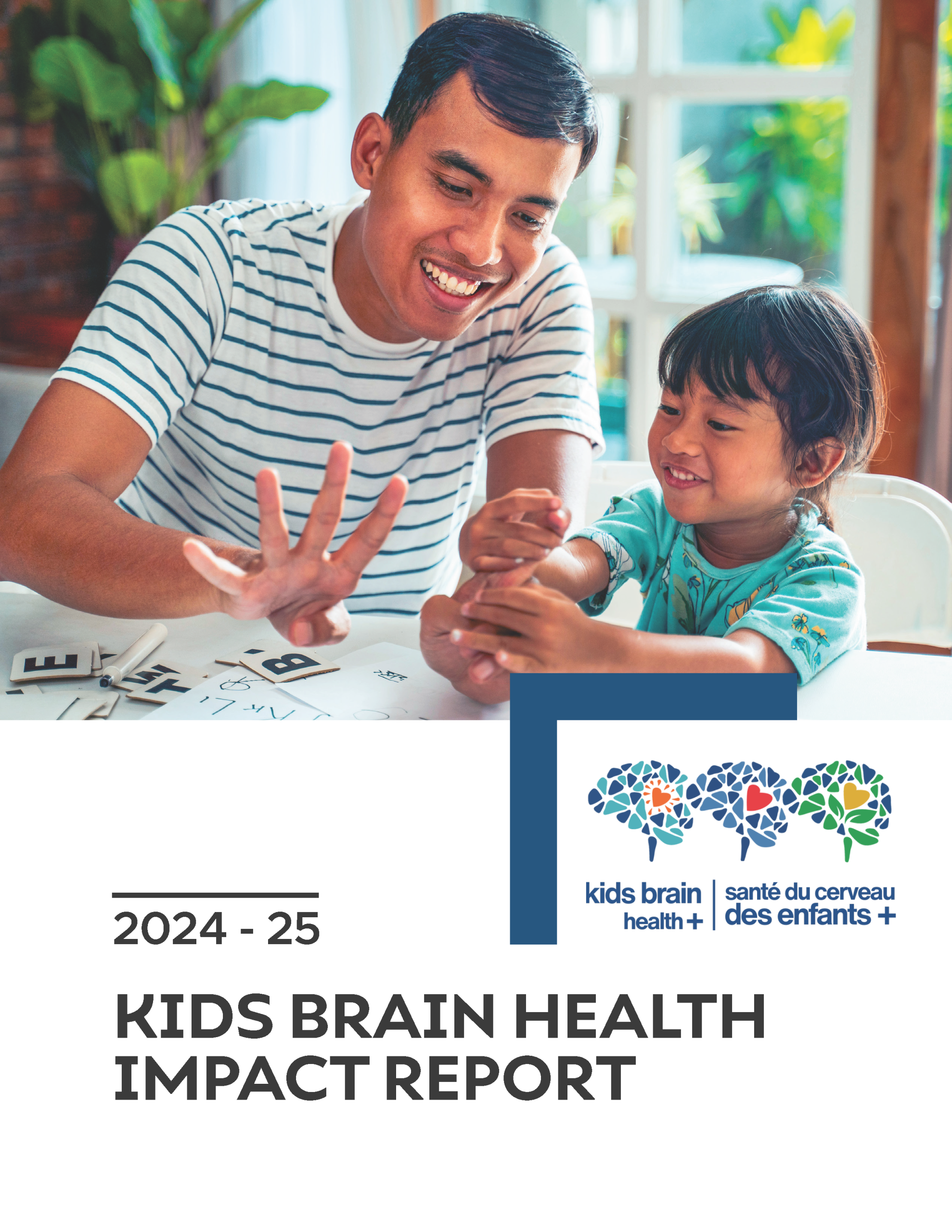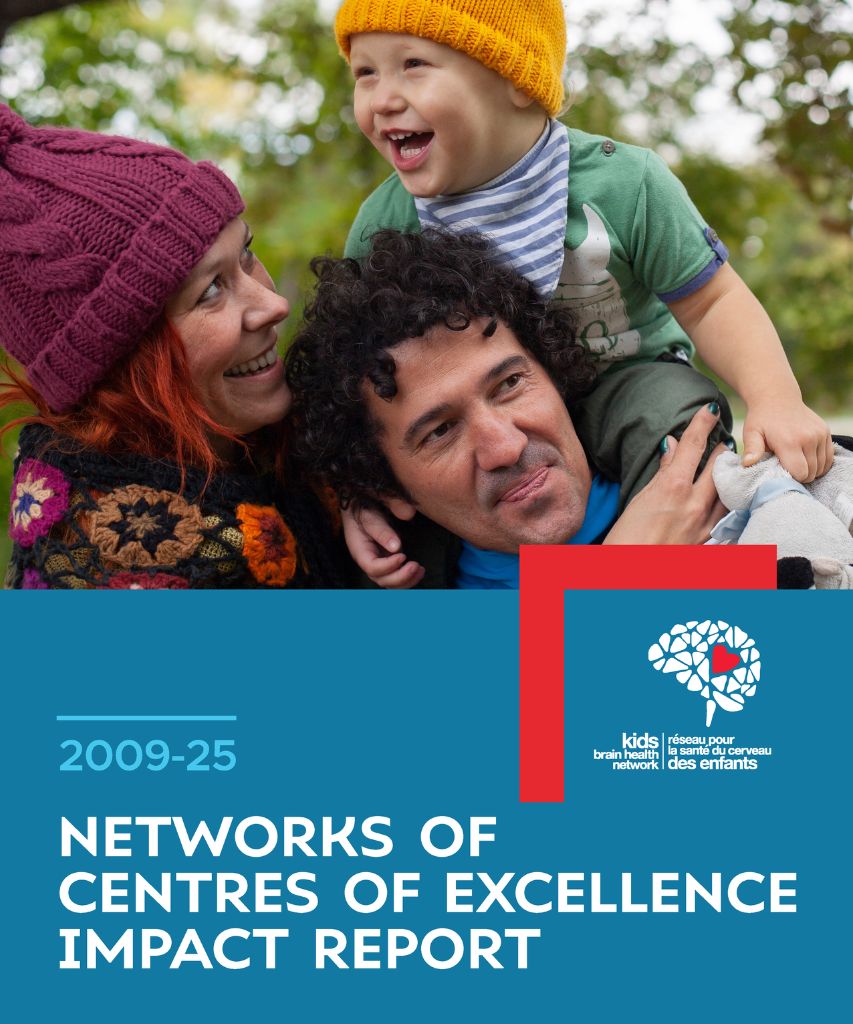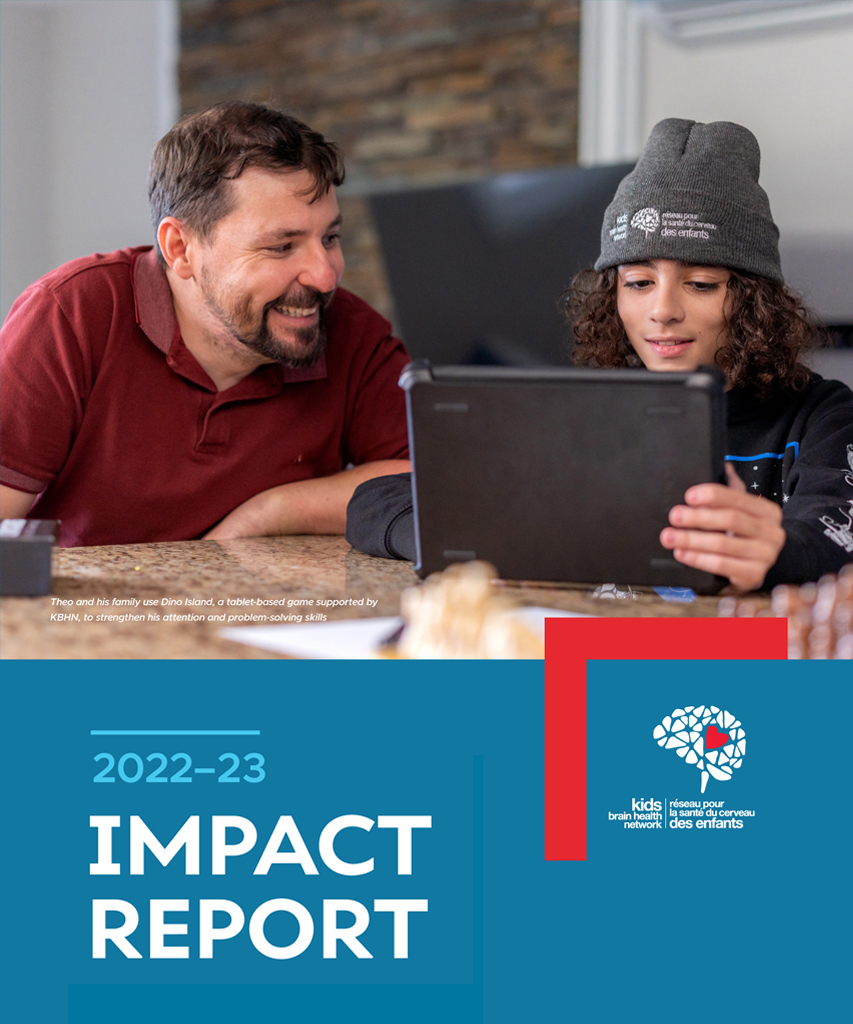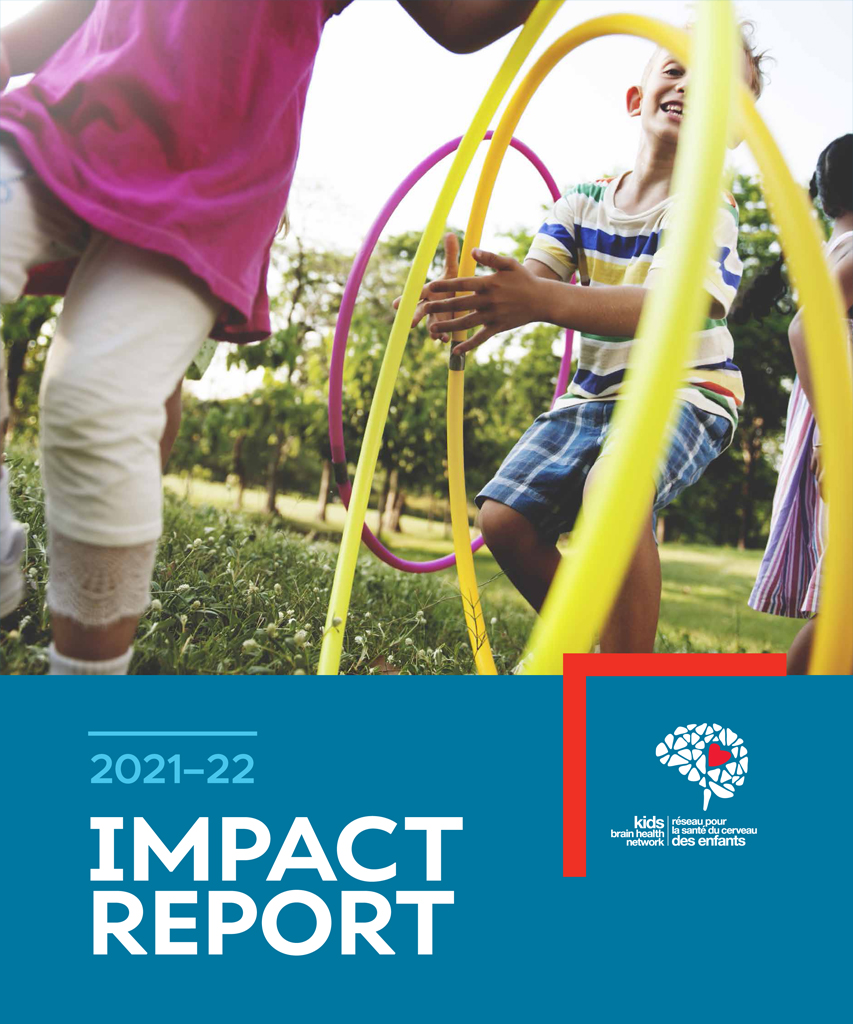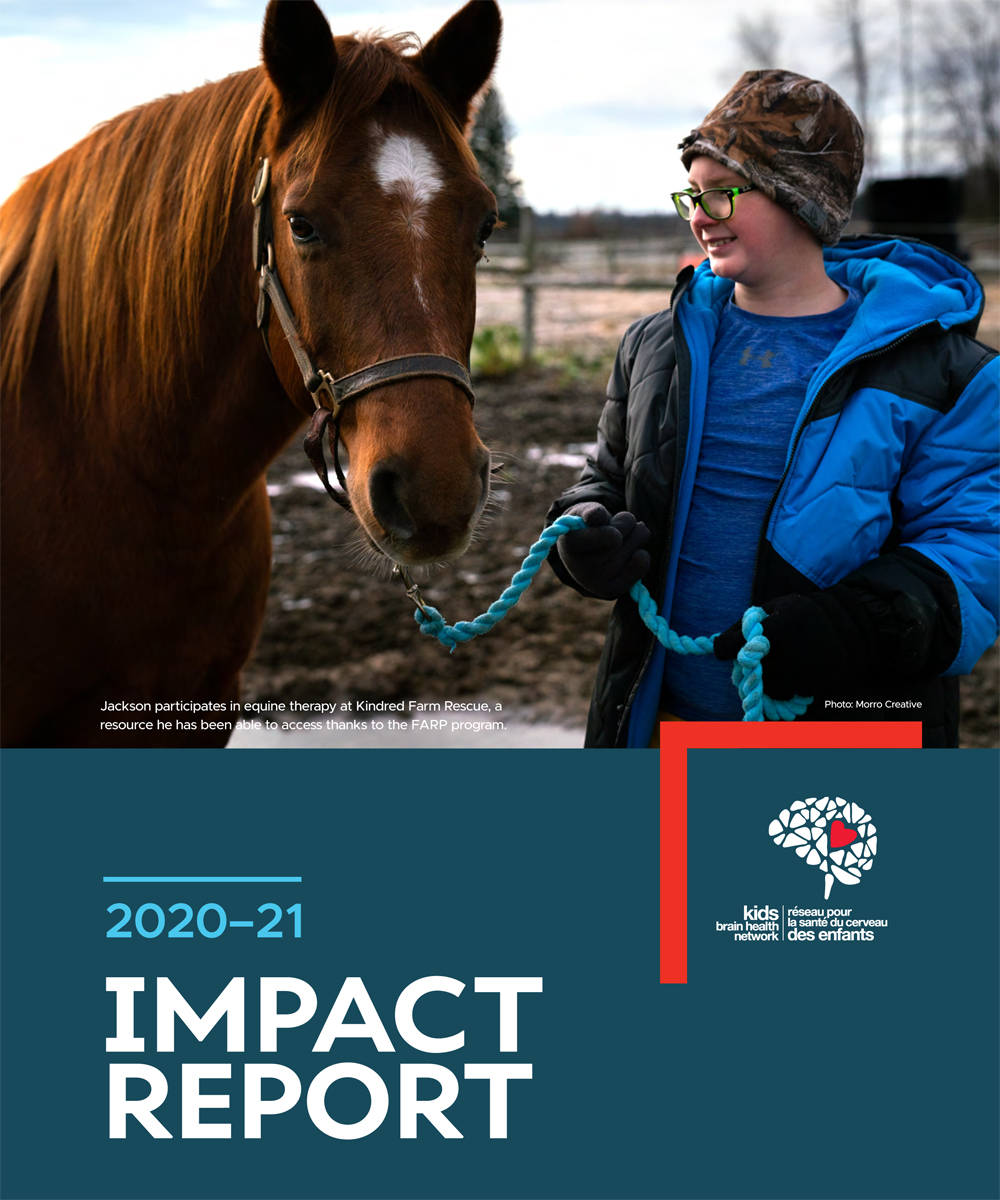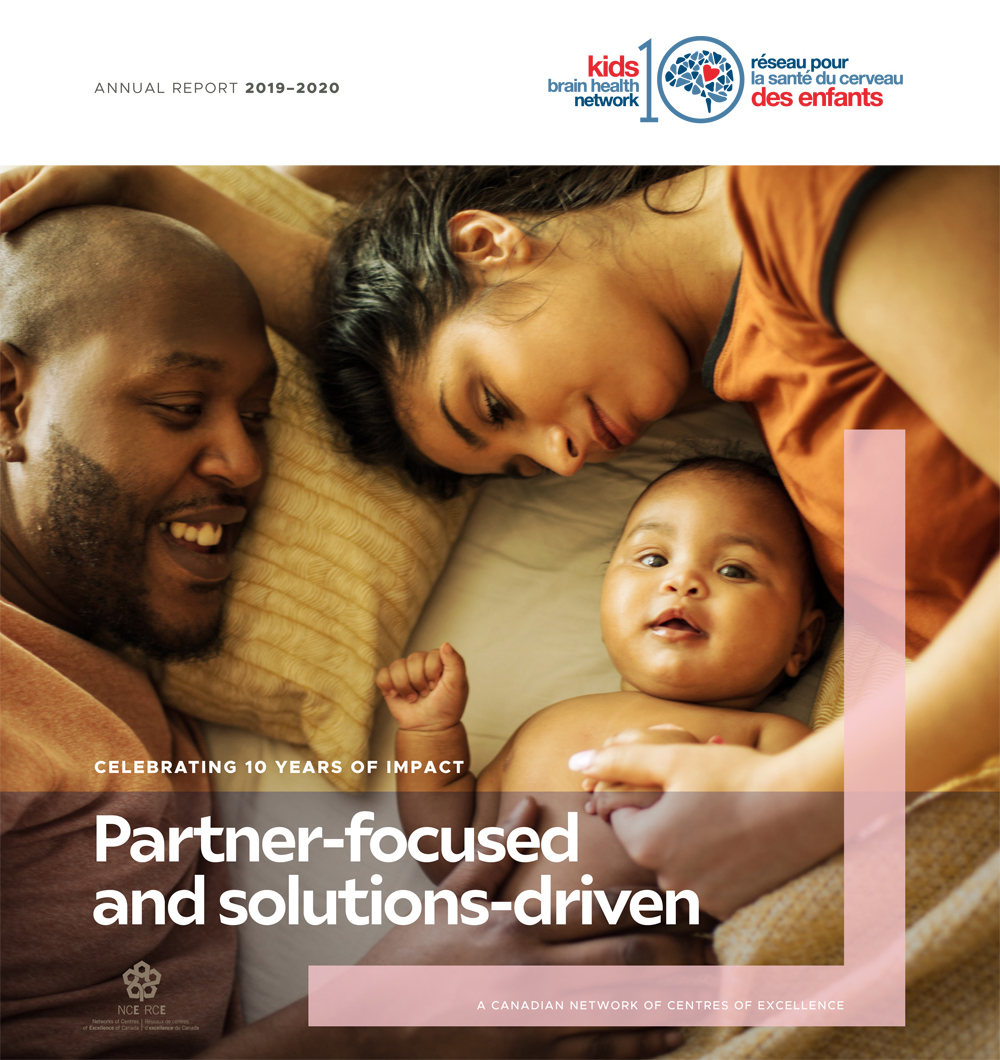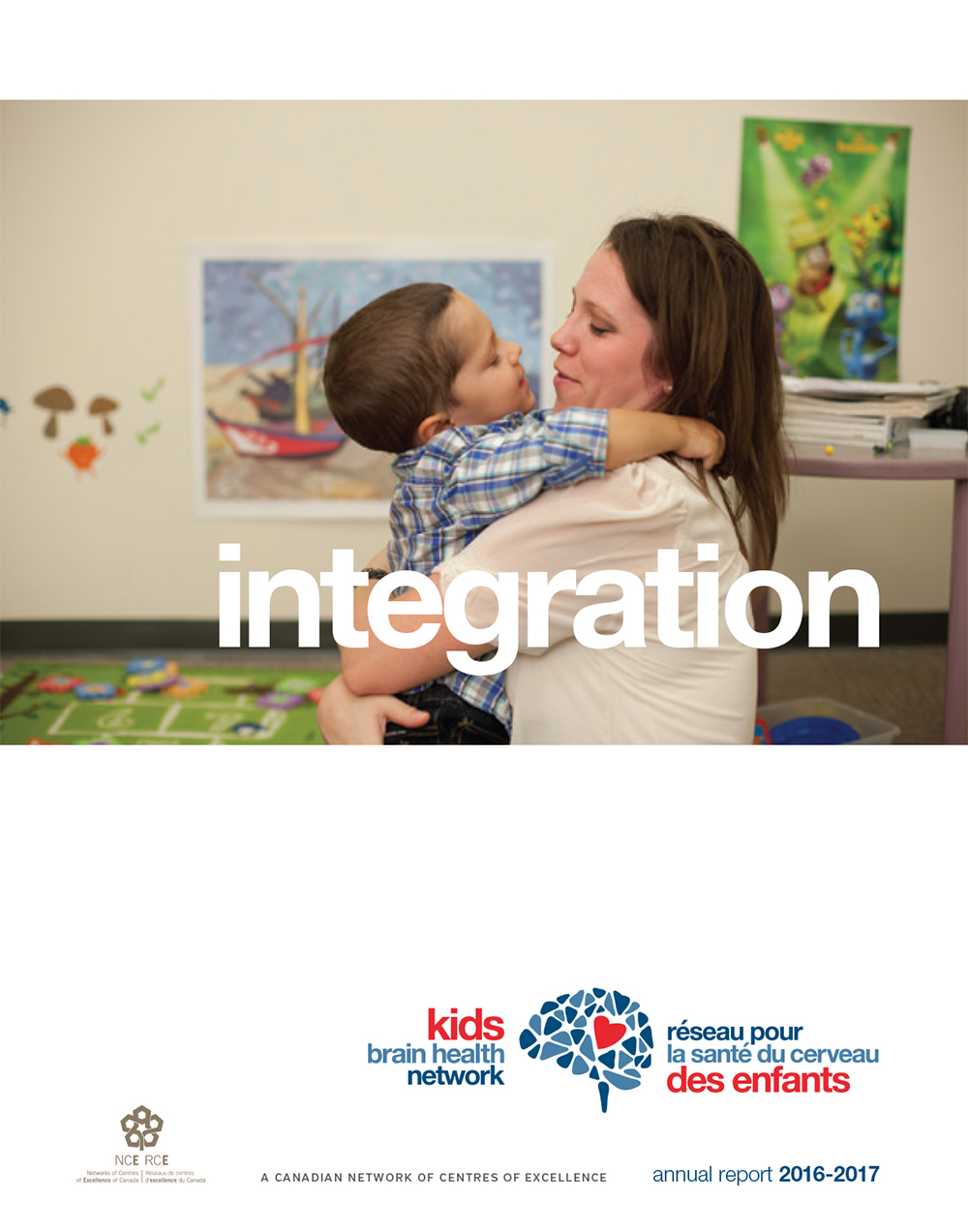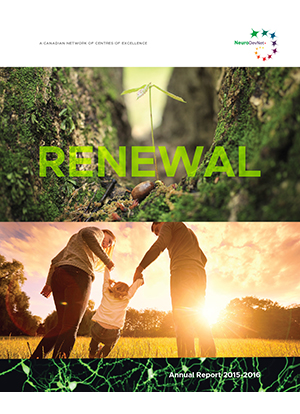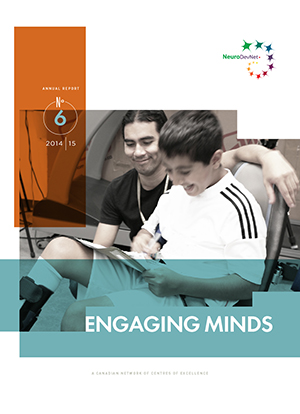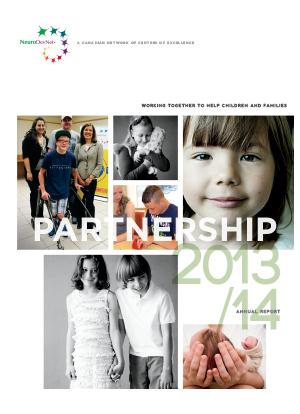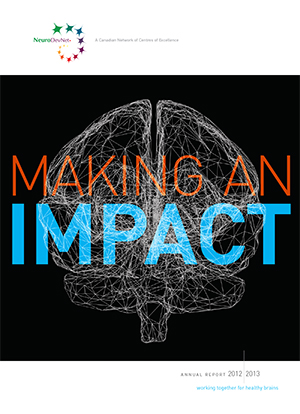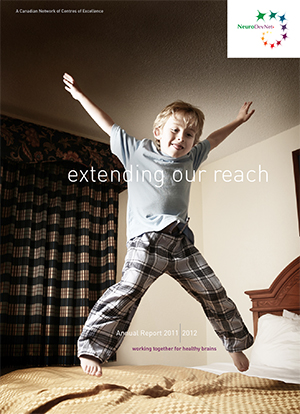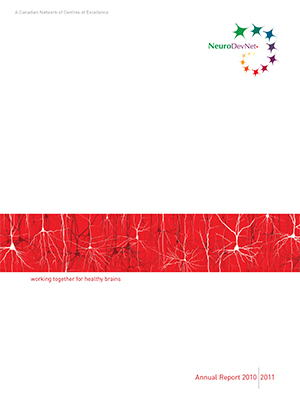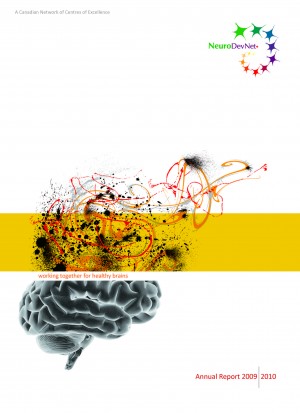Family Stories
Meet some of the families who are benefiting from a therapeutic video game: Dino Island
Traditionally, these types of approaches have been very difficult or costly for families to access, so our focus on developing Dino Island has been to create something that’s effective, but also accessible and affordable,” says Dr. Sarah Macoun, Associate Professor in Clinical Neuropsychology at the University of Victoria and the lead researcher on the project.
When Kai was diagnosed with autism at the age of four, his parents Abby and Paul were surprised—aside from some speech challenges, nothing led them to suspect he was autistic. Unfamiliar with the diagnosis and unsure where to turn, Abby and Paul started to connect with supports in their community.
Research in Canada suggests that 70 per cent of children on the spectrum have emotional behavioural challenges. Secret Agent Society gives kids the tools to effectively let others know how they’re feeling, while also providing the opportunity to form friendships and connect with others who are facing similar challenges.” ~ Dr. Vivian Lee, KBHN researcher and Assistant Professor at Carleton University
Project Stories
Many children with autism find certain sounds painfully distressing. KBHN-funded researchers at Simon Fraser University are tackling this challenge by developing a programmable, AI-powered device that can filter or mask just the sounds the user doesn’t want to hear while feeding the rest of the soundscape into their headphones.
I would be thrilled to see families using the app to improve their access to recreational activities that they normally wouldn’t partake in, like going to the movies, a hockey game or the mall, and I want to see kids using it to be included in a regular classroom. Those are the kind of goalposts we and our partners have in mind.” ~ Dr. Elina Birmingham, one of the project’s two principal investigators
The Family Engagement in Research (FER) Course, since its inception in 2018, has been bringing families and researchers together to learn from each other about how to meaningfully partner in research.
Medical professionals have the best of intentions, and they have a lot of applicable knowledge, but they often don’t know what it’s actually like in the trenches. To be able to share what’s going on in our world with them is very important.” ~ Elizabeth Chambers, Parent Partner
Impact Videos
About KBHN
Too often scientific discoveries never reach the families and kids who need them. Kids Brain Health Network exists to change this and to help all children live their best lives.
Impact Reports
Advancing a healthier, more inclusive future
In the 2024-2025 fiscal year, with seven months of support from the Strategic Science Fund (SSF), Kids Brain Health (KBH+) advanced high-impact initiatives supporting children with neurodevelopmental disabilities across Canada. View the Impact Report, as well as the Kids Brain Health Network financial statement and Kids Brain Health Foundation financial statement for more details.
